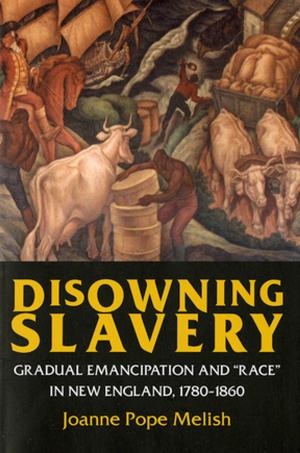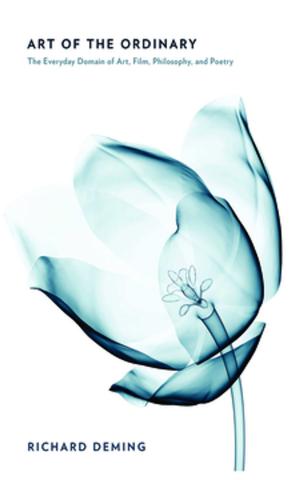Shakespeare and the Grammar of Forgiveness
Fiction & Literature, Literary Theory & Criticism, British| Author: | Sarah Beckwith | ISBN: | 9780801461101 |
| Publisher: | Cornell University Press | Publication: | April 8, 2011 |
| Imprint: | Cornell University Press | Language: | English |
| Author: | Sarah Beckwith |
| ISBN: | 9780801461101 |
| Publisher: | Cornell University Press |
| Publication: | April 8, 2011 |
| Imprint: | Cornell University Press |
| Language: | English |
Shakespeare lived at a time when England was undergoing the revolution in ritual theory and practice we know as the English Reformation. With it came an unprecedented transformation in the language of religious life. Whereas priests had once acted as mediators between God and men through sacramental rites, Reformed theology declared the priesthood of all believers. What ensued was not the tidy replacement of one doctrine by another but a long and messy conversation about the conventions of religious life and practice. In this brilliant and strikingly original book, Sarah Beckwith traces the fortunes of this conversation in Shakespeare's theater.
Beckwith focuses on the sacrament of penance, which in the Middle Ages stood as the very basis of Christian community and human relations. With the elimination of this sacrament, the words of penance and repentance—"confess," "forgive," "absolve" —no longer meant (no longer could mean) what they once did. In tracing the changing speech patterns of confession and absolution, both in Shakespeare's work and Elizabethan and Jacobean culture more broadly, Beckwith reveals Shakespeare's profound understanding of the importance of language as the fragile basis of our relations with others. In particular, she shows that the post-tragic plays, especially Pericles, Cymbeline, The Winter’s Tale, and The Tempest, are explorations of the new regimes and communities of forgiveness. Drawing on the work of J. L. Austin, Ludwig Wittgenstein, and Stanley Cavell, Beckwith enables us to see these plays in an entirely new light, skillfully guiding us through some of the deepest questions that Shakespeare poses to his audiences.
Shakespeare lived at a time when England was undergoing the revolution in ritual theory and practice we know as the English Reformation. With it came an unprecedented transformation in the language of religious life. Whereas priests had once acted as mediators between God and men through sacramental rites, Reformed theology declared the priesthood of all believers. What ensued was not the tidy replacement of one doctrine by another but a long and messy conversation about the conventions of religious life and practice. In this brilliant and strikingly original book, Sarah Beckwith traces the fortunes of this conversation in Shakespeare's theater.
Beckwith focuses on the sacrament of penance, which in the Middle Ages stood as the very basis of Christian community and human relations. With the elimination of this sacrament, the words of penance and repentance—"confess," "forgive," "absolve" —no longer meant (no longer could mean) what they once did. In tracing the changing speech patterns of confession and absolution, both in Shakespeare's work and Elizabethan and Jacobean culture more broadly, Beckwith reveals Shakespeare's profound understanding of the importance of language as the fragile basis of our relations with others. In particular, she shows that the post-tragic plays, especially Pericles, Cymbeline, The Winter’s Tale, and The Tempest, are explorations of the new regimes and communities of forgiveness. Drawing on the work of J. L. Austin, Ludwig Wittgenstein, and Stanley Cavell, Beckwith enables us to see these plays in an entirely new light, skillfully guiding us through some of the deepest questions that Shakespeare poses to his audiences.















